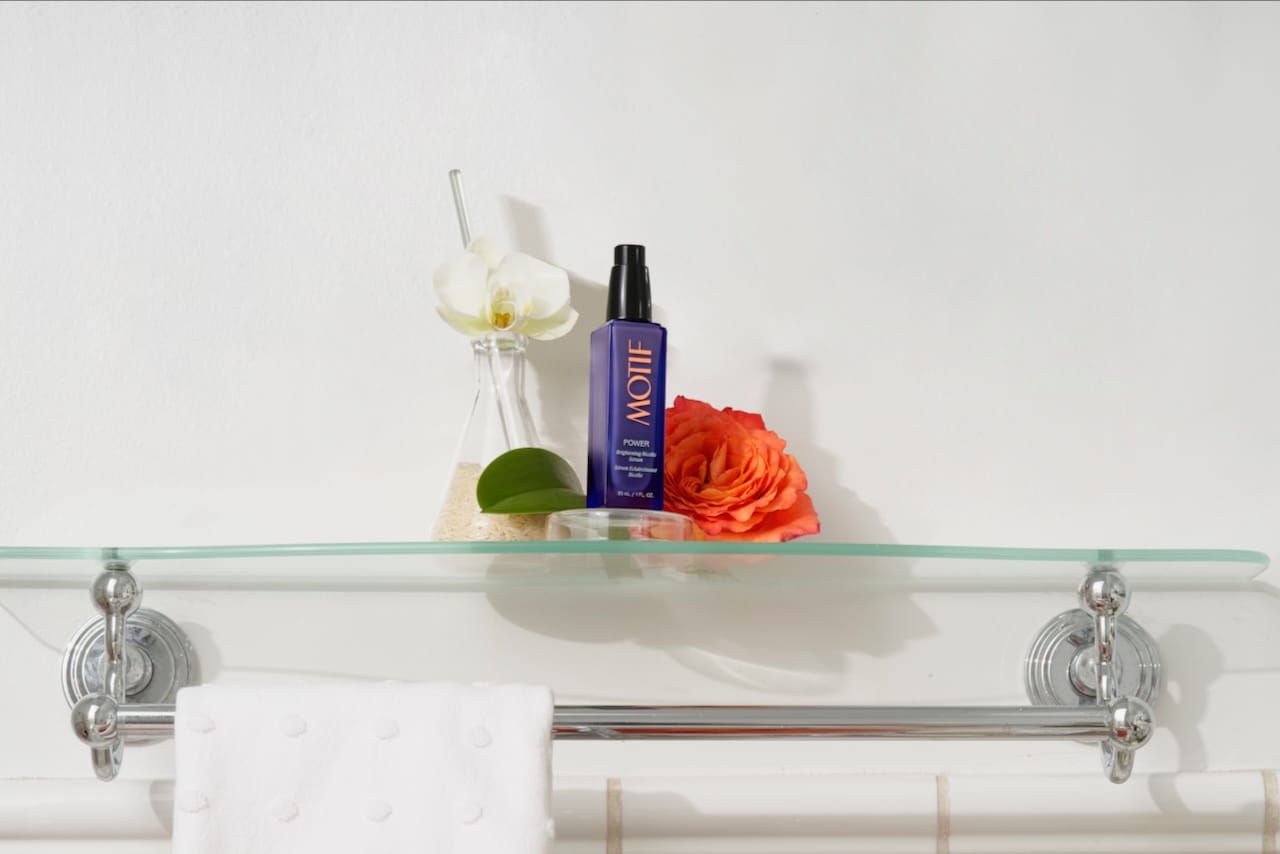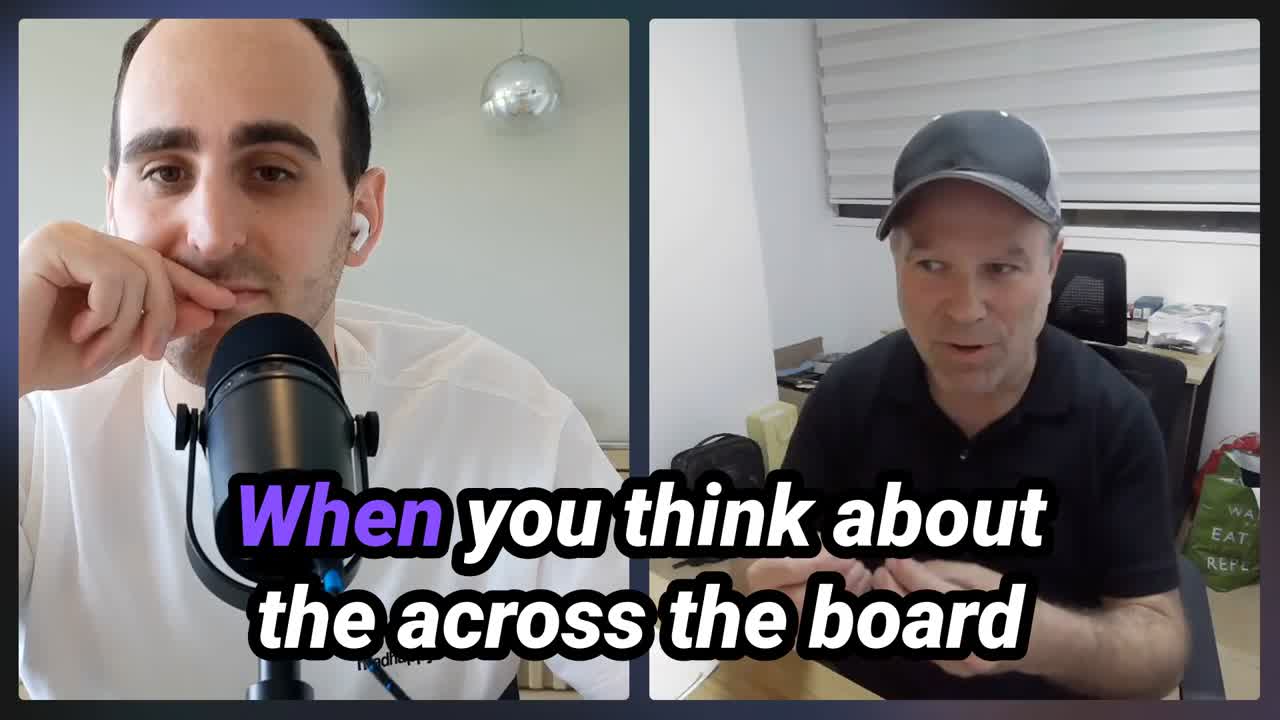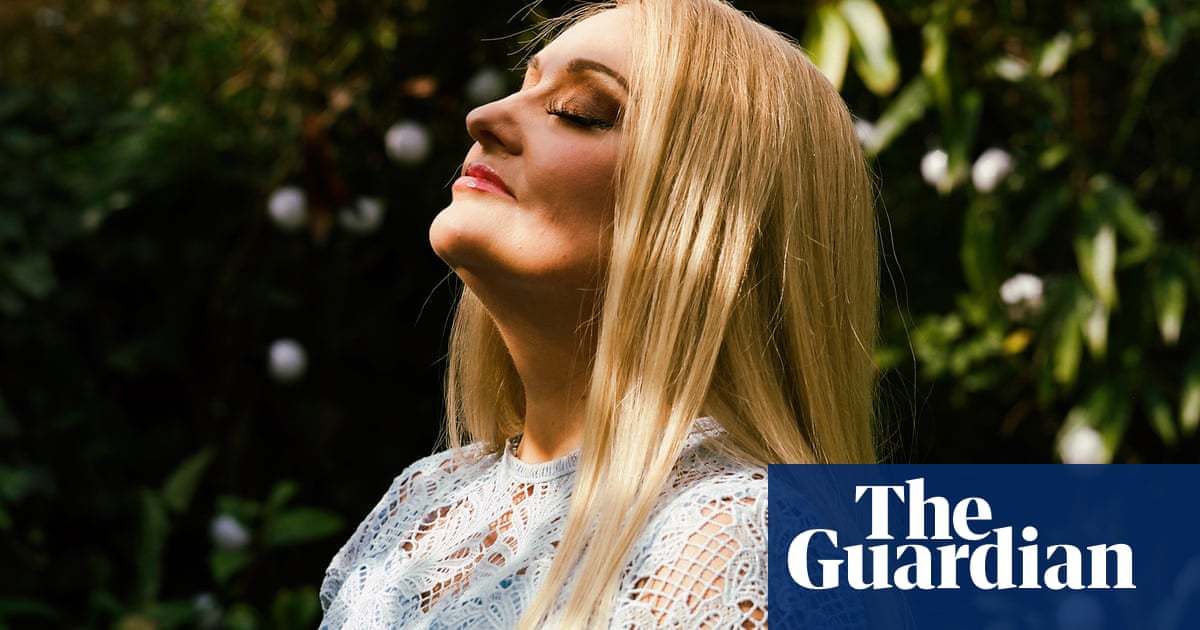- The Fringe
- Posts
- The Power of Ownership in a Rented World
The Power of Ownership in a Rented World
Plus: The most profitable marketing channel is... | The UX of abandoned carts | Which face is AI? | The Future 100 Trends | And more...

Greetings! Hope you had a great January. Let’s get into it.
Table of Contents
The Power of Ownership in a Rented World
When I was a kid, I wanted everything. Then I learned about money and realized there’s a finite amount in our household. So, how do I get more?
So I got a paper route and sold USA Today subscriptions door to door. It wasn’t very lucrative, but it was something. What really mattered was buying some Big League Chew and, if I saved enough, a video game for my Atari.
We want to own things. We want to possess. Why? Because we don’t have. And it’s the lack of something that compels us forward. But to gain possession or control over something requires the other side of the ownership coin.
We sometimes forget that ownership has two meanings:
Responsibility (I am responsible for something)
Control (I own and control something)
And they both influence each other.
For example, if I take on more responsibility, like getting a job as a 12-year-old, then I gain more control over my financial situation, even if it’s just a little bit. The more responsibility I take in my life, the more control or influence I have over it.
Conversely, the less responsibility I take in my life, the less control I have over it.

A virtuous or vicious cycle?
Simple. What about responsibility and control within a business context?
Responsibility
Responsibility is proactive and action-oriented—the ability to respond. Responsibility paves the way for true control over your business and generally has 3 stages or phases:
Dependent: At this stage, there's little to no control; success or failure is often attributed to external forces. The narrative is "You made this happen," reflecting a lack of agency.
Independent: Here, "I" am taking control. It's about asserting autonomy, making decisions, and being accountable for the outcomes of those choices.
Interdependent: The pinnacle of responsibility is "we" — working together, combining strengths, and leveraging collective action for shared success.
Control
Control is about possession; it's also about the power to influence your brand’s future. The question is, how much control do you really have?
Borrow: At this level, you're using someone else's assets. They have ultimate control and can change the rules or revoke access anytime.
Rent: When you rent, you gain a greater degree of control, but the ownership — and thus, the final say — still lies with someone else.
Own: Ownership means full control. The assets are yours, and you direct how they are used without external restrictions (except for maybe the government).
Let’s put this on a matrix, like so:

Now, what does this have to do with your business? Well, you want to exercise ownership across both responsibility and control dimensions because that leads to:
More control and influence
More valuable assets
More impact and difference-making
I’m assuming this is what you want. But this matrix also presents a problem.
The more responsible you want to become, the more control you want to have (and they’re both correlated) the more effort and intentionality you will need.
Put another way, ownership is hard.

Now, think about this matrix in terms of marketing channels. You have Borrowed channels, such as social media, SEO, and community forums. Borrowed channels are generally free, but you still borrow space on them, unless you have a paid tier.
Rented channels give you more control but at a cost. These include digital ads, influencers, anything sponsored, etc.
Owned channels are anything you’ve built where you can build a direct one-to-one relationship with your market or community, such as an email list (CRM), newsletter or blog, website or mobile app, etc.
For example, let’s say you’ve decided to own YouTube as your channel of choice. You build up your channel, and as a result, you have top engagement with your YouTube community. Because of that choice, you have little control if, one day, YouTube decides to change its algorithm, flag, or even ban you from the platform, or shut down (highly unlikely, but still).
It would take a lot of effort and a lot of resources to build a version of YouTube from scratch, and who wants to do that? Nobody.
Don’t get me wrong. There are plenty of YouTubers who have grown so big and have so much influence that, in a sense, they own YouTube, but they’re the outlier, not the norm.
Yet even for them, Borrowed and Rented channels are just places to connect and meet people, not build relationships with them. That’s done via more owned channels like email or in-person events, etc.
And with Rented channels, you pay for the privilege of connection, so it’s no wonder they’re the ficklest of the bunch.
An owned strategy is a relational strategy
Borrowed and Rented strategies have inherent risk, even if it's mitigated by a platform’s massive scale. Facebook, for example, is probably not going to thrust radical changes onto you. Not sure about Twitter, er X, yet.
But the goal is to own and build with your community. The rewards are worth it, but will take time, effort, and resources.
I’ve written plenty about Relational Commerce, the much-needed complement to the Transactional model. They’re meant to complement one another, but if your business still leans heavily into a transactional approach, your days are numbered.
Owned and Relational go hand-in-hand.
Borrowed and Rented channels, much like a rented apartment, offer a place to stay but never truly feel like home. They serve a purpose, sure, but platforms or paid influencers also hold the power to change the locks on your success at a moment's notice.
On the flip side, owned channels resemble a plot of land you cultivate with sweat, vision, and dreams. It's where your brand lays down its roots, drawing from your core identity and authentic expression.
Ultimately, owning your channels isn’t just a strategy; it's a commitment to relationship-building and building a lasting brand. And they’re hard to pull off, but the rewards are worth it.
The Latest
Google premiers Lumiere, the latest in AI-generated video
The rate of change in AI tech is… wow. Google Research with the latest in AI text to video generation.
Read more about their new model here:
Which face is AI?
From the NY Times, this little test fooled me. I think I got a few of them correct, but mostly wrong.
Have fun with that.
TikTok goes full YouTube
From The Verge:
The YouTube-ization of TikTok has been happening for a while. The platform is testing 30-minute long videos, and that comes just a few months after it began expanding video lengths up to 15 minutes. Most YouTube videos tend to be 10 minutes or longer (think of “a week in the life” vlogs) for monetization reasons rather than the bite-sized-length content for which TikTok is famous.
More below:
The Xs
Brand Experience

Highlights from The Future 100
VML Intelligence released “The Future 100: 2024”, an indispensable guide to the top 100 micro trends you must have on your radar.
This report includes insights into:
Tech
Beauty and health
Retail
Luxury
Food and drink
Brands and innovation
Travel and hospitality
I included a few short snippets from the report.

Consumers are more likely to spend on a brand that makes them feel, from joy to surprise, inspiration, and more.

Seventy-one percent of people globally agree that loneliness is an epidemic and 66% say there is no sense of community anymore.

We’re already seeing a shift, particularly within social channels, to more niche groups, taste communities, and micro gatherings. So this checks out. But what will that mean for your business?
Go to VML Intelligence for more insights into the coming year.
And the idea is not to look at this report and think, “That’s nice.”
Consider how your brand is impacted by any one of these trends. Where’s the non-obvious opportunity for you?
Where are the connections? Which trend directly or indirectly impacts your business or your particular market?
Which trends naturally complement your business? For example, Barbie is a whole world, but many brands, like Ruggable, wanted to make something to be a part of that world. What world or universe do you belong to?
Think like an ecosystem brand, not like a product brand.
Marketing Experience
Which marketing channel still owns purchase frequency?
Email. Surprise! Well, it’s not really a surprise, is it? Email means that you earned some level of trust. You earned the right to develop a relationship with someone.
And to build a proper relationship, you must do your best to personalize that interaction as much as possible.
Some interesting data for you:
Personalization is important, as 85% of respondents say their favorite brand treats them like individuals, and 82% say it strives to develop a relationship with them.
Close to two-thirds (63%) of consumers will pay more to shop with the brands they’re loyal to.
When it comes to sharing their data in exchange for something, nine in 10 respondents value both discounts/coupons (91%) and loyalty points/rewards (89%).
More than six-in-10 (63%) respondents don’t trust the advertising they see on social media, and 55% of respondents are engaging with social media less for the sake of their mental health.
Learn more here.
How my eCommerce company built an email marketing channel with a 55 percent open rate
To drive home the point of email, here’s a case study from Buffer on obvious best practices to deliver results.
Tl;dr:
If you only use email to push your products, you’re doing it wrong.
User Experience
The UX of abandoned carts
How’s your store’s UX?
Did you know that, on average, 98% of visitors to a Shopify store will leave without making a purchase?
Interestingly, of those who show interest by adding items to their cart, 68% end up not completing the purchase, thereby contributing to the 98% non-conversion rate.
Food for thought.
Customer Experience
Personalized experiences by generation
Younger age groups want more personalized experiences. Older ones don’t care for it.
That’s why segmentation is so critical. You don’t want to treat everyone the same, right? Ironically, choosing not to personalize an experience for a group who clearly doesn’t want it is, in a way, a form of personalizing their experience, no?
Employee Experience
Got workplace loyalty?
From the article:
On one side are the bosses and tenured employees, the boomers and Gen Xers. “Kids these days,” they gripe. “Do they have no loyalty?”
On the other side are the younger rank-and-file employees, the millennials and Gen Zers, who feel equally aggrieved. Why should I be loyal to my company when my company isn't loyal to me?
If you want to have a better understanding of how loyalty has changed in the workplace, read this.
Data Experience
Who’s winning the AI race?
Which countries do you think? Let’s go top 5:
US
China
UK
Israel
Canada
What does it mean? Well, mostly dollars and cents. Economies will boom or bust depending on how AI gets accepted and deployed.
And it will impact jobs in a big way. The year just started, and we’ve already seen a wave of tech layoffs.
Final thoughts
Perspective on Death and Life
Sometimes, it’s good to take a step back and have a little perspective. And there’s no better perspective tool than death and dying. Somber? Not at all.
I hope this article stirs and provokes you, even in a small way.
May your weekend be full of joy.
Paul


/cdn.vox-cdn.com/uploads/chorus_asset/file/21694347/acastro_200713_1777_tikTok_0002.0.jpg)





Reply